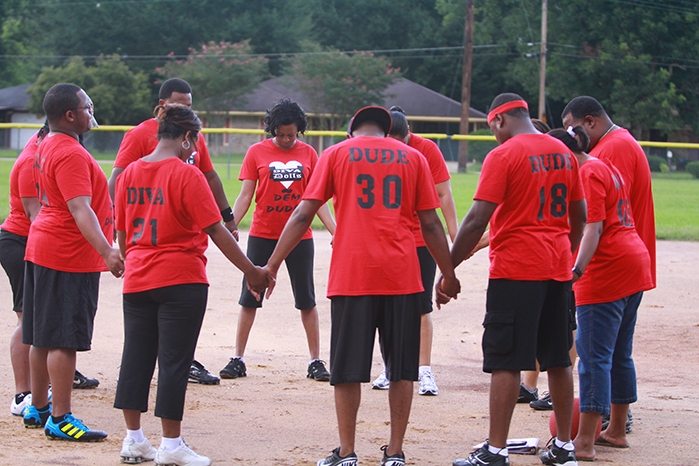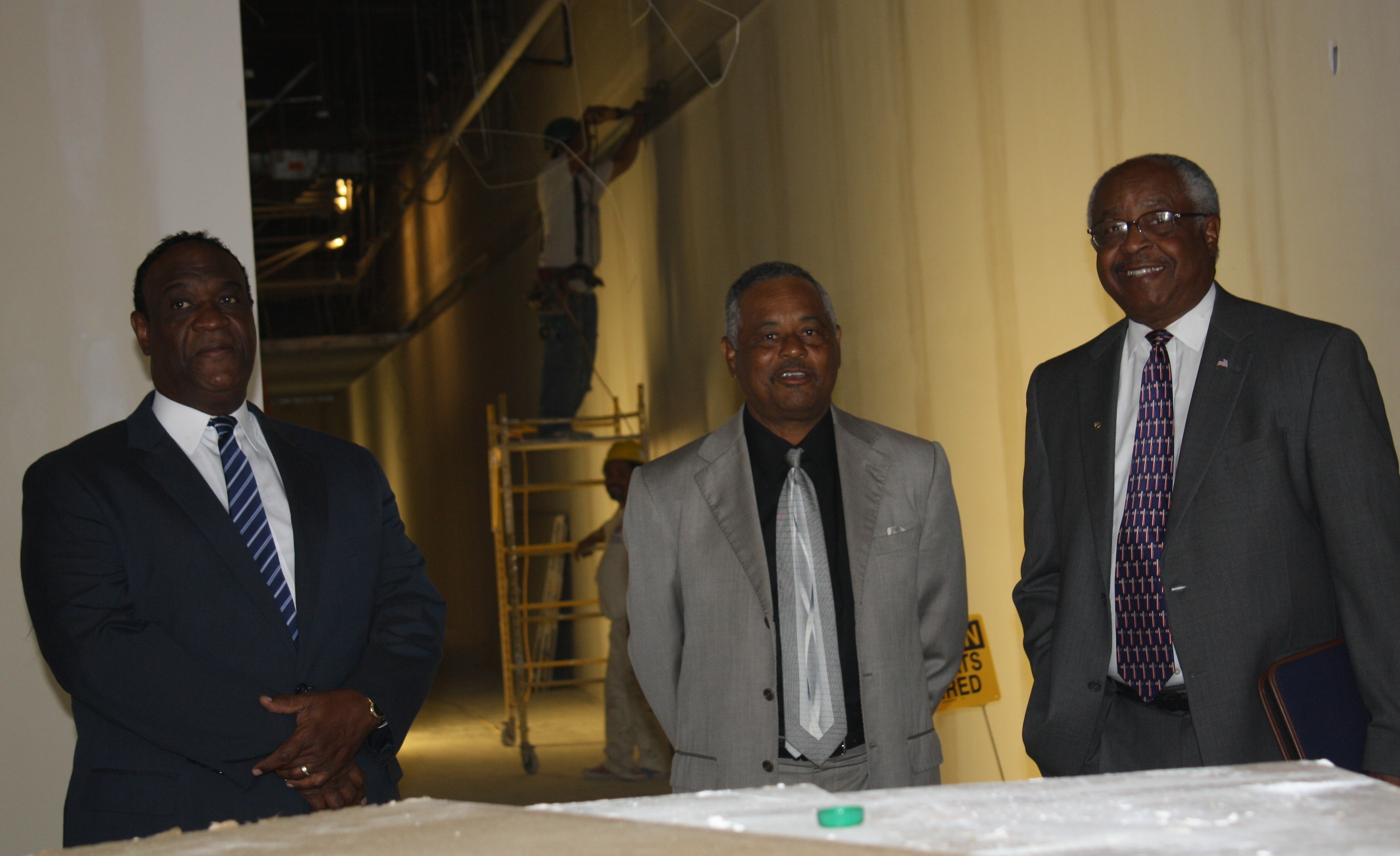Negotiations continue with other lenders
By Charlene Crowell
The recent mortgage agreement reached with the nation’s five largest mortgage services brings the first major consumer victory after a nearly year-long effort. State attorneys general, working with the Departments of Justice and HUD together announced a $25 billion settlement for consumers in 49 states. Participating banks are Ally Financial, Bank of America, Citigroup, JP Morgan Chase and Wells Fargo.
The largest share of the settlement – more than $20 billion — will be dedicated to financial relief for consumers. These funds will be used to assist homeowners with mortgages that are in distress or foreclosure or underwater, now owing more than the home is actually worth. Today, nearly 11 million families with mortgages now owe more than their home is worth.
Additionally, mortgage servicers will pay state and federal governments $5 billion in cash. Among these funds, $3.5 billion will be used to repay public funds spent on the investigation and to fund housing counselors and legal aid. This funding for housing counseling and legal aid is critical to ensuring that homeowners obtain the loan modifications and refinances promised in the settlement. In addition, because the settlement does not affect individual lawsuits, the legal aid funding will help homeowners defend themselves against improper foreclosure actions involving mortgage fraud, servicer misconduct or other legal violations.
The remaining $1.5 billion will establish a Borrower Payment Fund to provide cash payments to eligible borrowers whose homes were sold or taken in foreclosure between January 1, 2008 and December 31, 2011. This specific initiative is in addition to restitution already administered by federal banking regulators.
The value of the settlement also will increase if negotiations with nine other lenders reach a successful agreement.
Commenting on the agreement second in size only to the 1998 tobacco settlement, President Obama said, “No action, no matter how meaningful, is going to entirely heal the housing market. But this settlement is a start.”
Mike Calhoun, president of the Center for Responsible Lending (CRL) agreed, adding, “Despite its limitations, the settlement requires real reforms in the mortgage servicing industry to stop sloppy business practices and out-and-out fraud. It will also help stabilize housing markets and property values by giving more homeowners a chance to restructure or refinance out of unaffordable loans that are underwater.”
For consumers and communities seeking financial relief and fairness, the settlement offers three key takeaways:
- Bank accountability: The settlement preserves the right to pursue claims of criminal violations. State attorneys general can also initiate cases related to fair lending abuses and securities fraud.
- A stop to robo-signing and other mortgage servicing abuses: Banks are required to review foreclosure documents individually. Before a foreclosure can lawfully proceed, other options must be exhausted. Settlement payments for each family affected by robo-signing could receive $2,000. Even if a payment is accepted, homeowners who have already lost their homes to foreclosure could still sue the bank for damages.
- Strong enforcement: An independent monitor will regularly assess bank performance against a series of measures related to loan modifications and foreclosure. Any violations found will trigger penalties up to $1 million per violation or up to $5 million for certain repeat violations. Joseph A. Smith, most recently the North Carolina Commissioner of Banks, will oversee implementation of the new servicing standards.
In June 2010, CRL research found that African-American and Latino homeowners with mortgages lost $350 billion of family wealth through foreclosures. A 2011 foreclosure update by CRL again found that these communities of color continued to suffer disproportionate losses. Even when African-American and Latino consumers had high credit scores of 660 or more, they were still three times more likely than similar white consumers to receive a high-cost loan with risky features.
Wade Henderson, president and CEO of the Leadership Conference on Civil and Human Rights said of the settlement, You cannot put a dollar value on the suffering of these families but we can seek progress. And today’s settlement is a step in the right direction.” ##
Charlene Crowell is a communications manager with the Center for Responsible Lending. She can be reached at: Charlene.crowell@responsiblelending.org<mailto:Charlene.crowell@responsiblelending.org>.




Be the first to comment